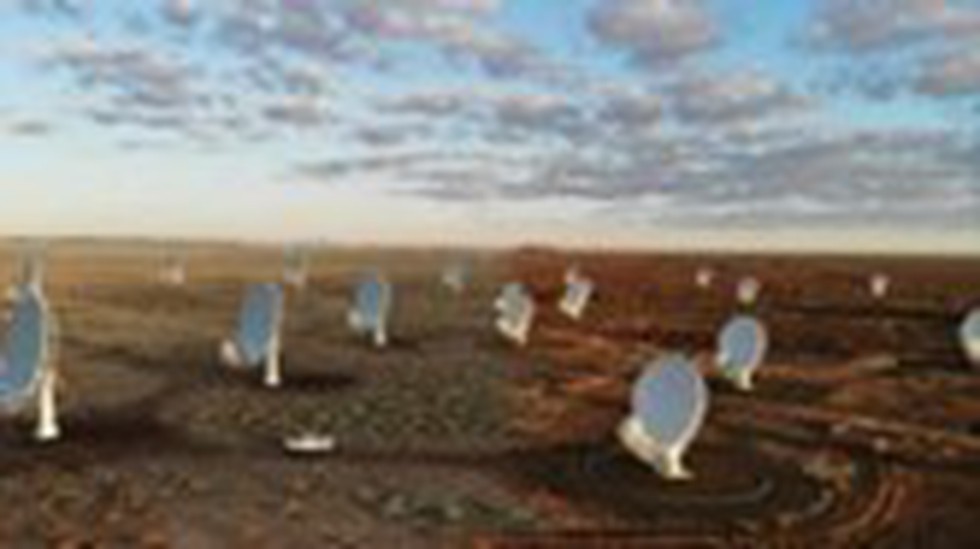The Government of India has granted its approval for the country’s engagement in the Square Kilometer Array (SKA), an international mega science initiative. The estimated cost for India’s participation in this cutting-edge project is ₹1250 Cr. The approval encompasses financial support for the construction phase of the global SKA Observatory (SKAO), scheduled over the next seven years. Both the Department of Atomic Energy (DAE) and the Department of Science and Technology (DST) will jointly fund the project, with DAE assuming the role of the lead agency. The collaborative effort involves over 20 academic and research institutions, with NCRA-TIFR serving as the nodal institute.
The SKA represents a state-of-the-art international facility focused on constructing the world’s largest and most sensitive radio telescope, addressing a diverse range of advanced scientific objectives. The SKAO, situated in Australia (SKA-Low) and South Africa (SKA-Mid), with operational headquarters in the UK, is poised to revolutionize radio astronomy and drive the advancement of crucial state-of-the-art technologies. Following this approval, India is set to sign the SKAO treaty, officially becoming a full-fledged member of the SKA Observatory, joining the growing list of nations involved in the project.
During the design phase of the SKA (2014-2020), India played an active role, particularly in leading the successful design of the intricate Telescope Manager system. In the subsequent early prototyping phase, India contributed significantly to three key areas: the Telescope Manager package, SKA-Low digital hardware package, and Science Data Processor work package. India is poised to maintain its leadership position in the construction of the expanded Telescope Manager, now renamed as the SKAO Observatory Monitor & Control system, while also contributing to other work packages.
India’s membership in SKAO presents an opportunity for substantial involvement from the Indian industry, fulfilling commitments for in-kind contributions and participating in other open tenders initiated by SKAO. Involvement in this ambitious project is expected to catalyze the development of specialized skills within the Indian industry and research organizations across various domains of next-generation technologies. These include modern antenna design, sophisticated cryogenic receiver systems, high-volume optical fiber data transport technology, state-of-the-art digital signal processing systems, high-performance super-computing technologies, big data archival and analysis techniques, modern end-to-end system management hardware and software, as well as artificial intelligence and machine learning algorithms.
This approval for India’s participation underscores the Government of India’s commitment to basic, applied, and advanced scientific research. Earlier in the year, the government pledged a $140 million in-kind contribution from DAE to the U.S. Department of Energy’s (DOE’s) Fermi National Laboratory for collaborative development of the Proton Improvement Plan-II Accelerator. Additionally, approval has been granted for the DAE-led LIGO-India project, with a budget of ₹2600 Cr.
